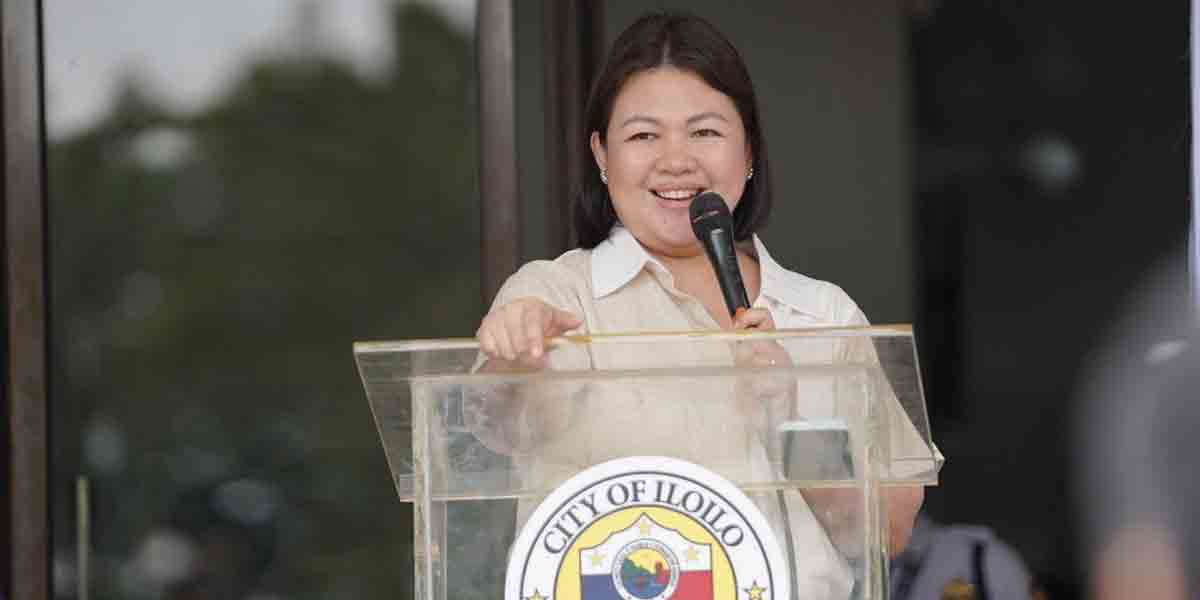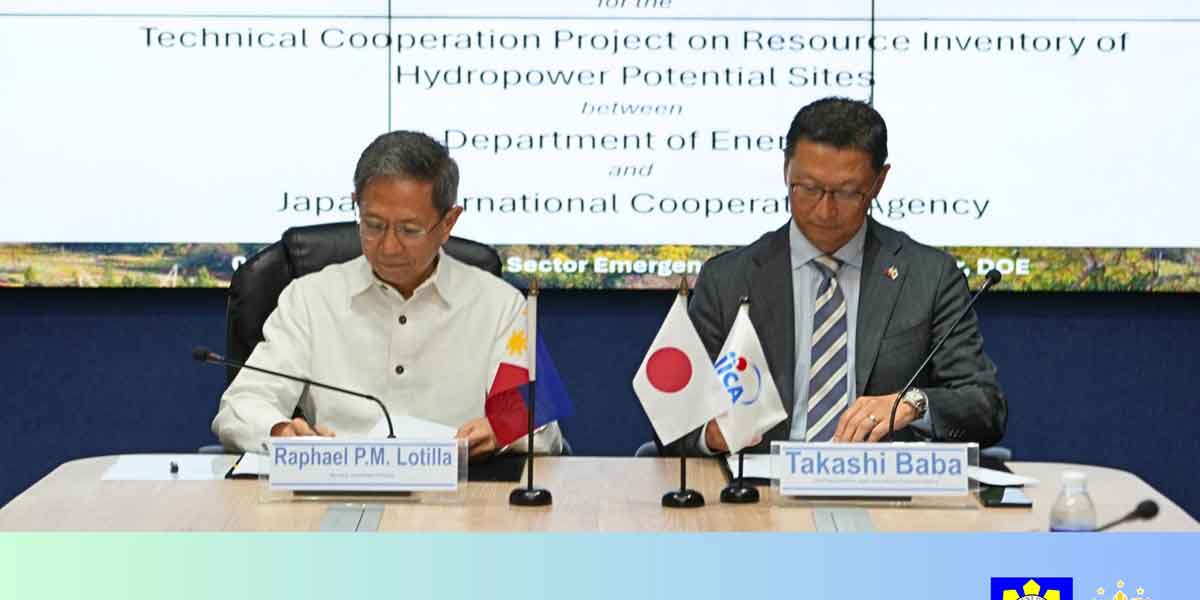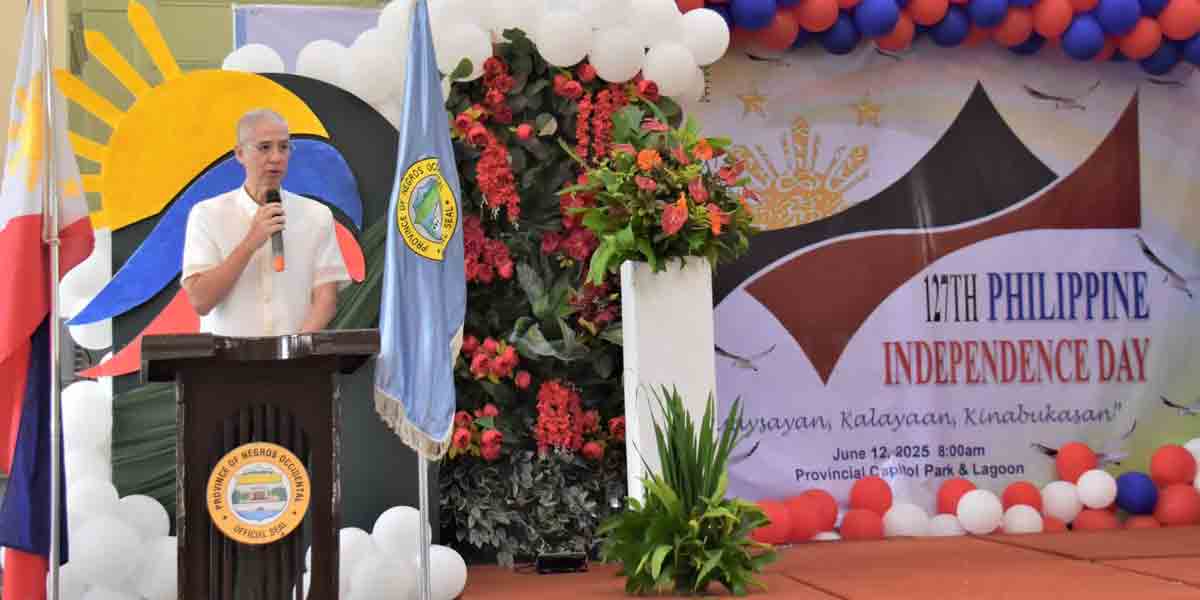The hand that writes a letter, not a post, sets a different tone.
In sending a formal written request for dialogue, Vice Mayor-elect Lady Julie Grace “Love” Baronda quietly but firmly reclaimed a space where politics must serve the public—not personal pride, not partisan triumphalism.
That she chose to reach out, despite earlier demands for the mayor-elect’s camp to initiate the process, is not a surrender. It is a strategic move grounded in something deeper: the need to govern, not just campaign; to repair, not retreat.
At its heart, this is not a call to revive an alliance. It is an act of statesmanship that recognizes the value of co-existence in a political environment often defined by exclusion, spite, or spectacle. It says: we may differ, but we must serve.
Reconciliation – especially after a bruising election season – is often misunderstood in the Filipino political imagination. It is either seen as the loser’s plea for reintegration or the winner’s chance to dictate terms of submission.
But what Love Baronda did disrupts that binary.
“We can discuss where, what time, and what date… to be transparent that we did reach out,” she said. That single line speaks volumes – not just of courtesy, but of intent. It reflects an understanding that political wounds left unattended fester into institutional dysfunction. And in a city as complex and fast-growing as Iloilo, dysfunction is a risk the people cannot afford.
More importantly, this kind of reset – when done right – is not a retreat from principles. It is, in fact, a sign that one holds onto those principles enough to seek a better way of practicing them. If transparency and accountability are to be upheld, they must be demonstrated not just in criticism or campaign rhetoric, but in peacemaking, too.
Indeed, transparency begins at the top.
In a political culture often allergic to documentation, where deals are whispered and alliances reshaped in private, the public nature of Baronda’s letter is not just refreshing – it is radical. It affirms that political negotiations, especially those involving public officials, must not be left to backchannel brokers or shadow emissaries.
In a time of backdoor deals, a letter is revolutionary.
And it found an answer.
Mayor-elect Raisa Treñas responded with her own statement of openness: “True unity is not about where or how it begins, it’s about what we do next, together, for the good of our beloved city.” Here we see the opportunity not for mere détente but for transformation – of tone, of posture, of public expectations.
But let us not romanticize unity for unity’s sake.
This should not become another photo-op reconciliation or a convenient truce meant to appease followers and secure legislative efficiency. “The laurels of reconciliation must not be offered through social media,” Rep. Julienne “Jam” Baronda rightly warned. “If not, that’s just for optics.”
Reconciliation without honesty is performance. Unity without policy alignment is distraction. Collaboration without accountability is complicity.
That is why this initiative – if sincere – must lead to open conversations on how both camps will navigate Iloilo City’s major governance challenges: inclusive economic growth, housing access, climate resilience, flood mitigation, and accountable spending, to name a few.
Public officials, even those from opposing slates, are expected to disagree. Democracy thrives in tension. But it withers in gamesmanship, personalism, and factional cold wars that delay programs and sabotage institutional memory.
This reconciliation is a chance to redefine local governance – not as a system of patronage and political monopolies, but as a rotating, negotiated process of public service. A city council led by a Baronda and an executive led by a Treñas can disagree, even debate fiercely, but it must always deliver.
And the electorate, who gave both camps electoral mandates, deserves that.
The spotlight may be on the Barondas and the Treñases, but the stakes belong to the people of Iloilo, who remain watchful – worn by conflict, but not without hope.
They are weary of seeing political rifts paralyze programs. They are hopeful that this time, political maturity will prevail – not because leaders are forced into it, but because they choose to be bigger than the conflict.
Let this be a beginning, not a transaction.
Let reconciliation mean honest dialogue, principled co-governance, and transparent process – not just unity statements posted online or reconciliatory words aimed at damage control.
The people of Iloilo deserve leaders who speak with dignity, act with courage, and serve with humility.
If this is the start of that, then let’s do it.






















